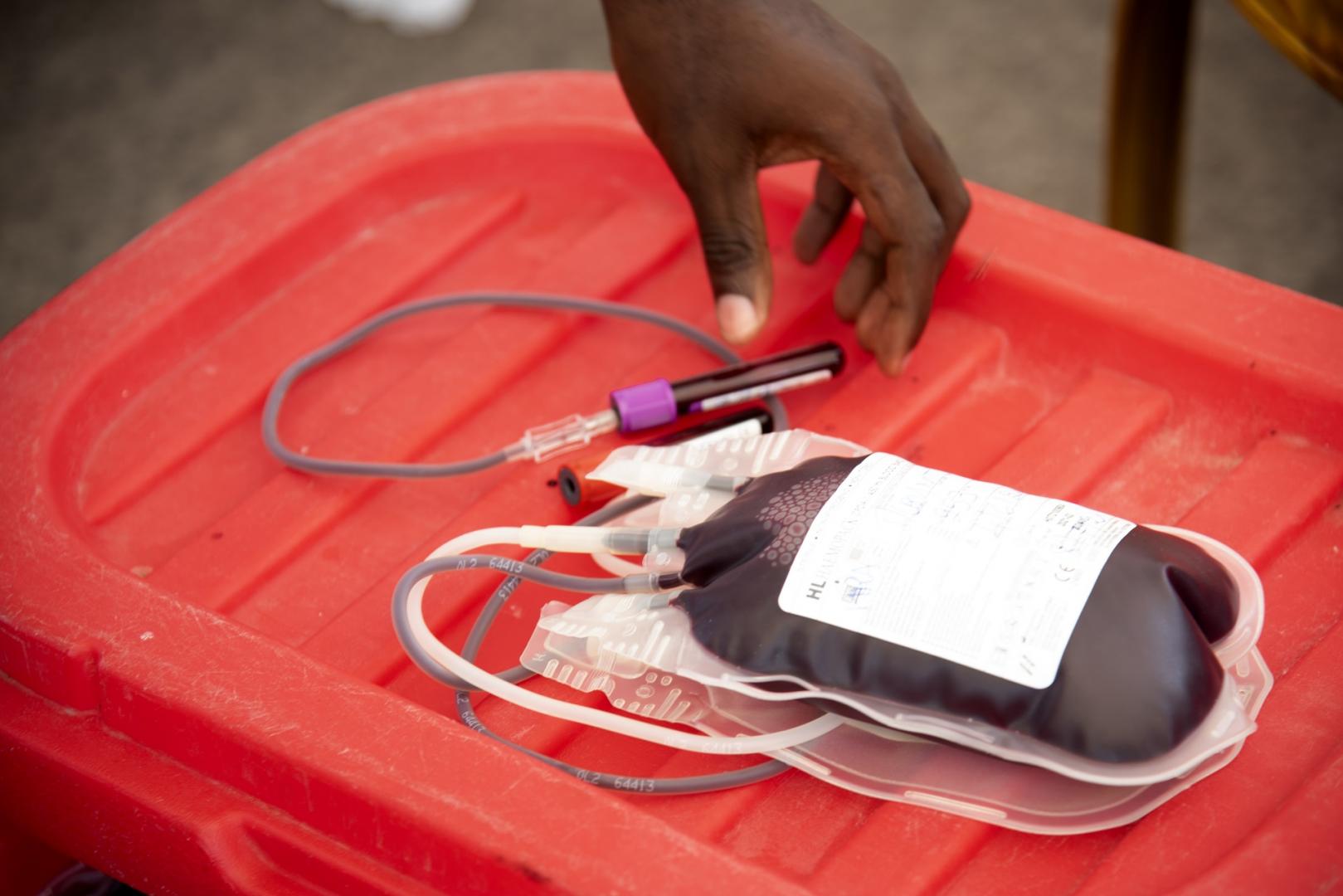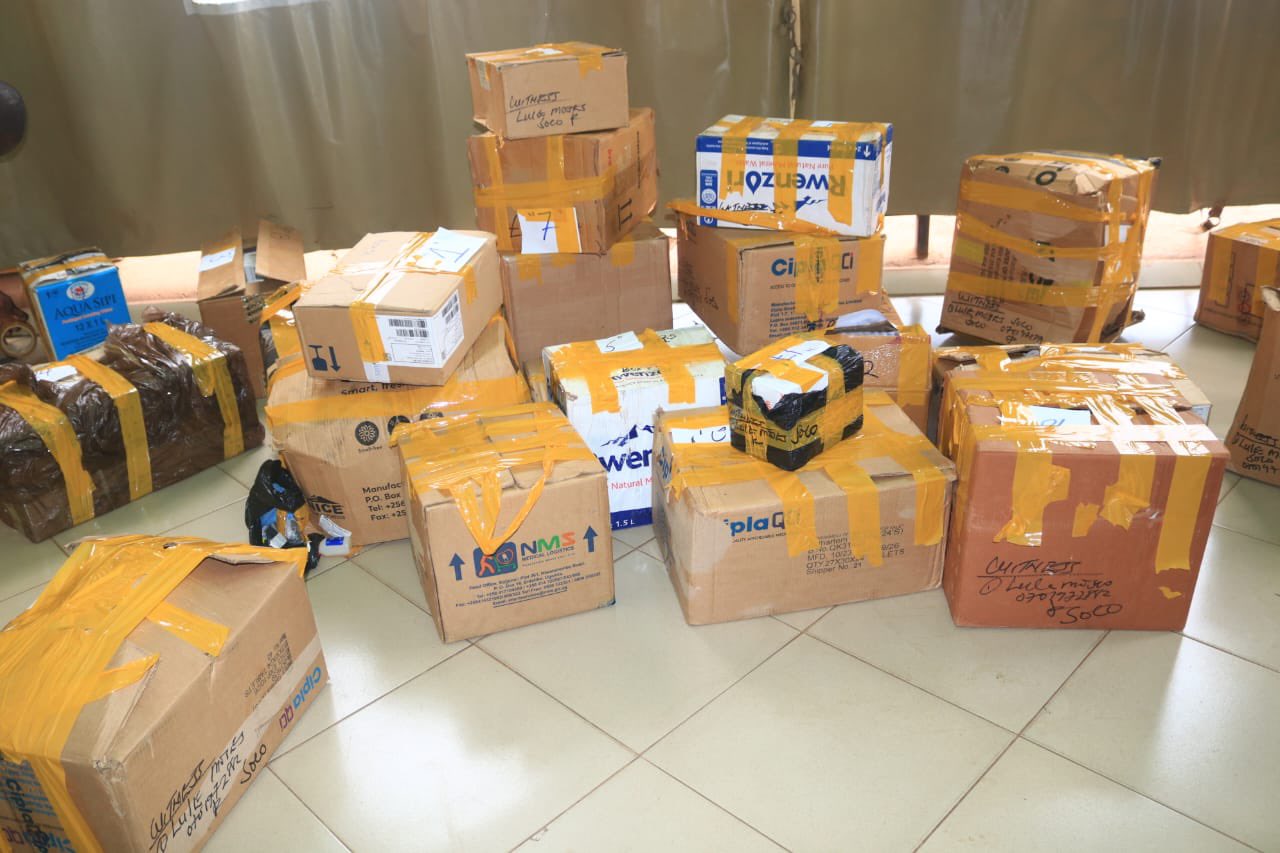A concerning trend has emerged where expectant mothers are reportedly forgoing antenatal visits and opting to deliver outside of government health facilities in Namutumba District, Eastern Uganda. This shift is driven by fears of disclosing their HIV status to their spouses, leading them to seek assistance from Traditional Birth Attendants (TBAs) instead.
Ms. Scovia Yolyanaye, a midwife at Bugobi Health Centre II, highlighted that HIV-positive mothers are hesitant to deliver at both government and private health centers. Instead, they choose TBAs, swayed by their affordability and perceived discretion regarding HIV testing.
TBAs in Namutumba District offer services at lower costs, sometimes even at no charge, in contrast to midwives who typically charge between Shs7,000 and Shs10,000. Despite the lower costs, Ms. Yolyanaye cautioned against this practice, citing records indicating a higher mortality rate among HIV-positive mothers who opt for TBAs.
Ms. Yolyanaye emphasized the importance of regular antenatal visits, recommending up to eight visits throughout the nine-month pregnancy period. However, she lamented the trend where some mothers only visit health facilities once and wait until labor to seek assistance.
An anonymous mother, who had attended antenatal visits, expressed concerns over the lack of professionalism among midwives and nurses. She claimed that health workers often disclosed the HIV status of expectant mothers to their spouses, leading to apprehension among pregnant women.
Ms. Betty Nambi, a midwife at Magada Health Centre III, highlighted instances where mothers delayed antenatal visits until the last trimester, indicating a lack of preparedness. She stressed the importance of antenatal checkups, which include essential tests such as HIV/AIDS screening for proper management.
These issues have been underscored by a recent report, which identified factors such as the scarcity of ambulances, infrequent antenatal visits, and the proliferation of TBAs as contributing to maternal deaths in Namutumba District. The report, compiled over a two-year period by health workers from government and private health facilities, revealed a distressing statistic: two expectant mothers die every two months.
In response to these challenges, both private and government health workers are collaborating to devise strategies to mitigate maternal deaths. Proposed solutions include promoting health facility visits, providing alternative transport options for emergency cases, and empowering mothers to make informed decisions about delivery locations.
Dr. Daniel Kajubi of Namutumba Community Hospital emphasized the need for expectant mothers to seek professional assistance early in their pregnancies. He cautioned against delaying health facility visits until labor, citing the risks of fatigue and complications during childbirth.
Dr. Kajubi also criticized men for their apparent lack of involvement in supporting their spouses during antenatal visits. He highlighted reports of men opting for TBAs due to cost considerations, instead of accompanying their partners to health centers.
Ms. Sarah Akello, a midwife, echoed Dr. Kajubi’s sentiments, lamenting the lack of male involvement in antenatal care. She emphasized that pregnancy requires mutual support and urged men to prioritize their spouses’ health by actively participating in antenatal visits.
Ms. Rita Namaganda, a senior midwife, highlighted instances where expectant mothers arrived at health facilities without caregivers or essential supplies. Despite the challenges, she emphasized the importance of prioritizing maternal health to prevent unnecessary fatalities.
Namutumba’s Resident District Commissioner, Mr. Thomas Matende, acknowledged the issue of maternal deaths but attributed it primarily to factors such as low antenatal attendance and reliance on TBAs. While acknowledging challenges such as limited ambulances, he stressed the importance of addressing the root causes to improve maternal health outcomes in the district.




















